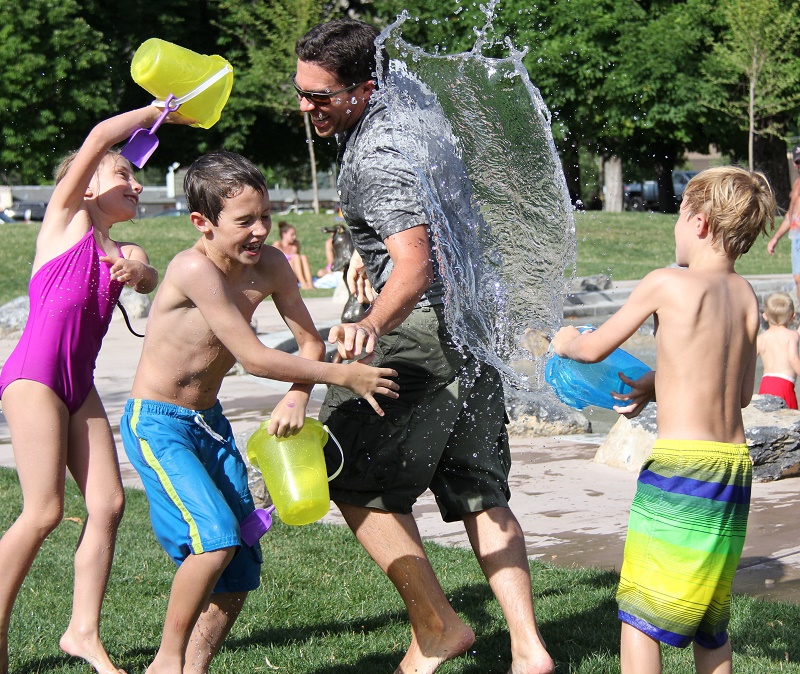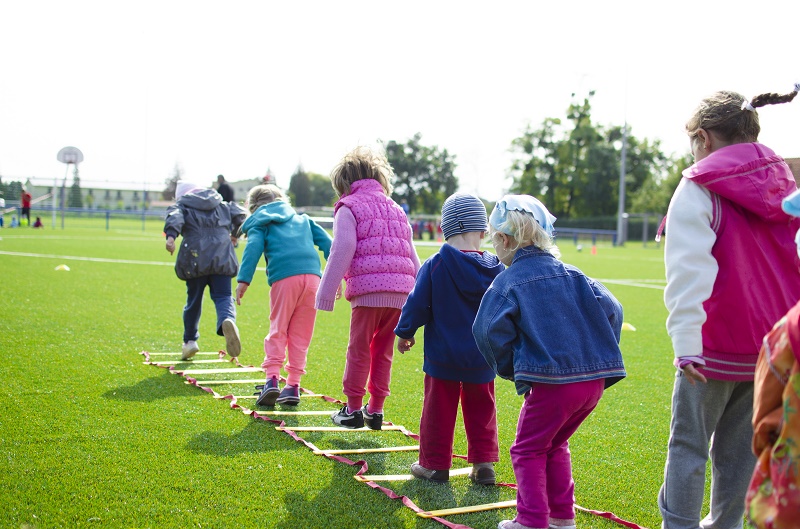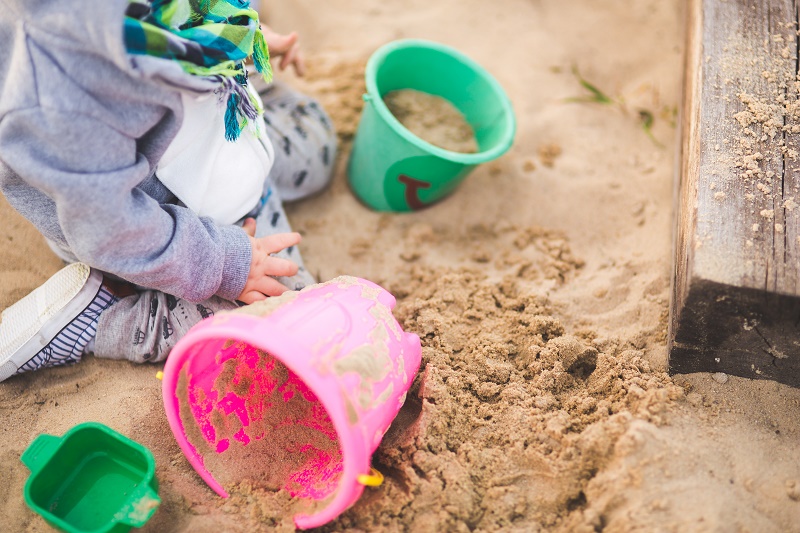Author: Siyang Sun
Speech-Language Pathologist
with Ronni Rowland
Writer
Why is play important? “Playing is how children express themselves, interact with the world, establish relationships, and learn motor, language, cognitive, and social-emotional skills,” explains Siyang Sun, speech-language pathologist with ELG. “When you play with your child, this develops both mind and body.”
Young children enjoy surprises, funny scenarios, hiding and finding objects, as well as freedom and exploration. Siyang recommends playing these fun games with children under 6.

1. From Peekaboo to Hide-and-Seek
For infants/toddlers:
Hide your eyes with your hands, and then reveal them while saying “Peekaboo!” or “Here I am!” Repeat the activity, this time covering and revealing your child’s eyes. For another option, show a toy (such as a teddy bear) and then hide it while asking, “Where is the bear?” Slowly reveal the toy and say, “The bear is here!”
For children over two:
Try hide-and-seek games both inside and outside of the house. Practice more complex language, such as locational words (e.g. behind the door, under the bed) and instructions with multiple steps (e.g. “Let’s go to the bedroom and see if Dad is behind the curtain!”)
2. Creative Spaces
For infants/toddlers:
Accompany children to different rooms and places, describing the objects you see, the sounds you hear, and activities that occur in each of the different locations (e.g. “I see fruit in the kitchen.”)
For children over two:
Create fun spaces for children, such as a building a “tent” with a chair, table, sheet, and cushions. Encourage children to make their own creative spaces using household materials. To develop vocabulary, describe the space, for example, “It is a red and long tent!” or “You are crawling into your tent—watch your head!” or “It’s too dark inside—maybe you need a flashlight.” Play pretend games together, such as walking through a forest when a storm hits and you need to find a shelter.

3. Child Chefs
For infants/toddlers:
Encourage your child to watch you prepare and cook food. Label the kitchenware and food. Give your child a toy pan and plastic utensils, and while your child “cooks,” copy them and describe the actions aloud.
For children over two:
Create a small “kitchen” for your child to prepare and cook play dough food. After your child is familiar with the cooking game, play alternatives such as preparing a pretend dinner or going “shopping” to buy ingredients.

Play face-to-face with your child frequently. Children learn important social skills when they can see your eyes and facial expressions. Every child is different, so adjust activities based on your child’s interests and abilities. Most importantly, have fun!
